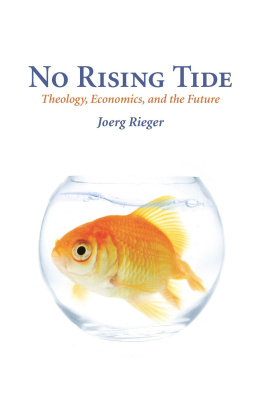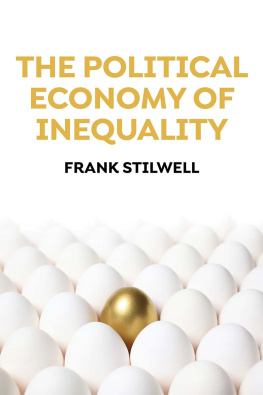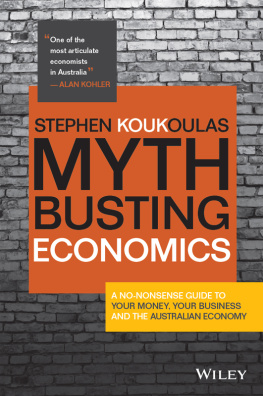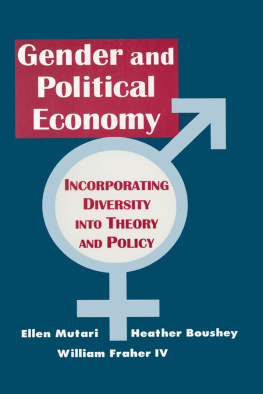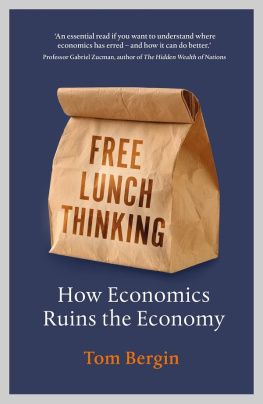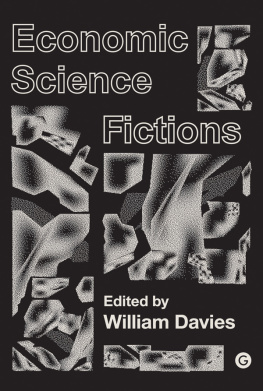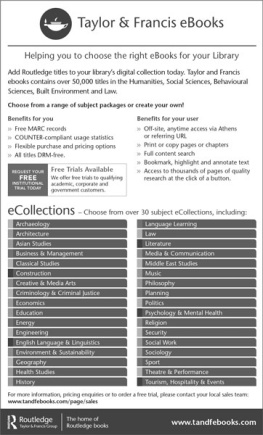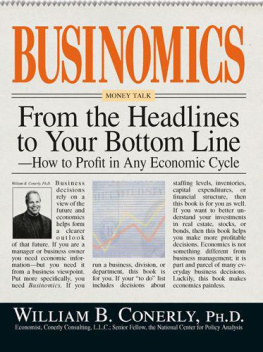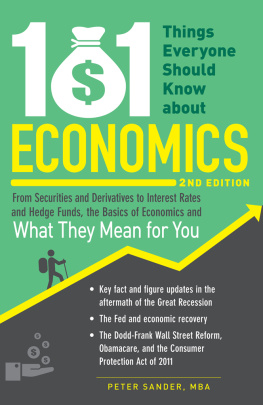
N O R ISING T IDE
Joerg Rieger uses the occasion of the present financial crisis to remind us once again that the religion that controls most human history at present is devoted to the market rather than to Jesus Christ. He shows how far we who call ourselves Christians have been sucked into the orbit of worship of this God. May his call to repentance be widely heard.
John B. Cobb Jr.
Professor Emeritus of Theology, Claremont School of Theology
This is an important and welcome addition to the growing body of literature which recognizes that global economics is a theological as well as an ethical and political issue of great urgency.
Theodore Jennings
Professor of Biblical and Constructive Theology, Chicago Theological Seminary
For my parents and my late parents-in-law, and their individual struggles against cancer,
and for the many others who struggle with what has become yet another scourge of free-market capitalism.
NO RISING TIDE
Theology, Economics, and the Future
Copyright 2009 Fortress Press, an imprint of Augsburg Fortress. All rights reserved. Except for brief quotations in critical articles or reviews, no part of this book may be reproduced in any manner without prior written permission from the publisher. Visit http://www.augsburgfortress.org/copyrights/ or write to Permissions, Augsburg Fortress, Box 1209, Minneapolis, MN 55440.
Cover image: Fishbowl (image number 2826153) copyright hidesy / istockphoto.
Cover design: Paul Boehnke
Book design: Allan Johnson / PhoenixType, Inc., 235 N. Miles St., Appleton, Minnesota.
eISBN: 9781451411126
Library of Congress Cataloging-in-Publication Data
Rieger, Joerg.
No rising tide : theology, economics, and the future / Joerg Rieger.
p. cm.
ISBN 978-0-8006-6459-6 (alk. paper)
1. EconomicsReligious aspectsChristianity. 2. Free enterpriseReligious aspectsChristianity. I. Title.
BR115.E3R54 2009
261.85dc22 2009032847
Contents
E conomic downturn is one of the stark realities that leaves hardly anyone unaffected today. The common response to this problem is, of course, that the economy goes in cycles and that we will be fine if only we have enough staying power. The tide will rise again for the economy, it is believed with religious fervor, and things will return back to normal.
Nevertheless, even if the tide rises again for the economy, many, if not most of us, will not be part of this rising tide. Many of usthe majority of the worlds populationwill be struggling with downturn for a long time to come. Not only are many of the jobs lost in this downturn projected to be permanent; pressure on most other jobs can be expected to grow. Although the economy affects each of us differently, there are some common patterns. To which economic class we belong plays a role, for instance, but more and more of us are in the same boat, as the middle class is increasingly joining the working class. It is high time that even those who consider themselves middle class start thinking about these matters more seriously than ever before. The logic of downturn, developed in this book, will help us to make sense of what is going on, not simply in regard to economics but in regard to every aspect of our lives. At stake is not just money and finance. The way the economy shapes up affects us more deeply than we had ever realized, at all levels of our lives. Religion is one of the matters affected.
The purpose of this book, however, is not to savor doom and gloom. We will seek once again the path from darkness to light, and religion will have a contribution to make.
Religion and economics are often seen at the opposite ends of the spectrum. Those who feel this way tend to see religion as an affair that has mostly do to with disembodied ideas and with another world, while they see economics as a matter of realism, planted firmly in the concerns of this world. Living through a traumatic economic crash has shown us how untenable this all-too-common assumption is. Most of the established economistscommonly considered hard-nosed realistslacked grounding in the realities of this world and did not see the economic crash coming, including Alan Greenspan, the former head of the Federal Reserve Board. They maintained their fervently held faith in a particular form of free-market economics. This faith was so strong that other voices that called for a reality checkincluding minority voices in the field of economicswere brushed aside. The fate of those people who ended up losing their homes, their jobs, their livelihoods, and their retirement funds in the economic crash cries out for such a reality check now. This has been long overdue, as people were falling through the cracks of the economy long before the floor fell out.
Part of the problem with the current economic crisis is that economics is based on an odd sort of faith, expressed tongue in cheek by the term money-theism, which has been popularized by comedian Stephen Colbert. There are a few big faith claims, like the ideas that economic deregulation always promotes growth, that tax cuts for powerful corporations and the wealthy always spur the economy, and that wealth gathered at the top inevitably trickles down. This list of faith claims includes the well-worn belief that a rising tide will lift all boats, a belief that is maintained despite the fact that more and more people are drowning even in times when economic tides are rising. In the recent history of the United States, this should have become clear by the 1990s, when a growing economy left more and more people behind. Yet facts like these did little to deter the faith of the leading economists.
There are alternative voices in the economic community who are now talking about economics as a form of religion or even a form of theology
Jesus did not demand blind faith. When John the Baptist began having doubts about whether Jesus would be the promised Messiah, Jesus did not encourage him to believe blindly and without question; rather, he provided some evidence when he told Johns followers: Go and tell John what you hear and see: the blind receive their sight, the lame walk, the lepers are cleansed, the deaf hear, the dead are raised, and the poor have good news brought to them ().
In other words, there are powerful reminders in the Judeo-Christian traditions that faith does not have to mean blind acceptance or a promise of pie in the sky that would not be subject to testing and questioning. Faith is tied to reality and the transformation of it. More specifically, Christian faith has to do with the transformation of the reality of the least of its followers, as Jesus response to John the Baptist demonstrates (). Without that particular transformation, faith does not make sense, and neither does economics. No doubt, things would be quite different if Christianity were to recapture such a sense of reality, and things would be just as different if economists would do the same.
Unfortunately, we are not there yet. In the current situation, too many people are still conditioned to accept things on faithboth in religion and in economics. What is most troublesome, especially in a country that is as religious as the United States, is that there appears to be a connection: people who accept religious principles on blind faith seem to be more likely to accept economic principles on blind faith, as well, no matter how detrimental to human well being they might be. Too many still forgo the sorts of questions that tie faith to reality. It is probable that more disasters will be the resulttoday the economy, tomorrow the church.
Nevertheless, there is real hope emerging in unexpected places. The struggle for alternatives had been going on long before the crisis, and it will continue afterwards. A crucial part of this struggle is constituted by those whom the system has taken for granted, overlooked, or even rejected. The Judeo-Christian traditions contain such stories in many prominent places, although mainline Christianity rarely picks up on them in ways that present a challenge to life as a whole. Jesus sums up the phenomenon to which I am referring, when he recites ).
Next page
